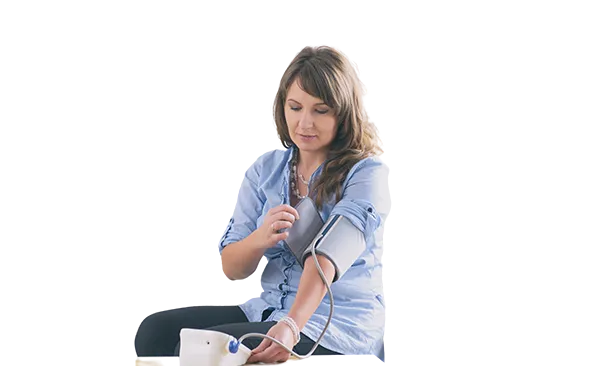
Uncontrolled hypertension levels can put you at a higher risk for stroke, heart disease, heart attack, and kidney failure. Hence, Ramadan fasting must be observed with utmost care.
Here, staying hydrated is essential. Take plenty of fluids from Iftar until Suhoor, as this can avoid complexities. Exercise most days, going for a walk a short while after Iftar is a good option.
Limit your salt intake, less than 2.4 grams of sodium a day is suitable. Avoid food with a high percentage of fat. Consume a diet rich in fruits and vegetables.
For minor dizziness, consult the doctor through our telehealth service. Major symptoms like chest pain, shortness of breath, must require a hospital visit.
Patient Experience